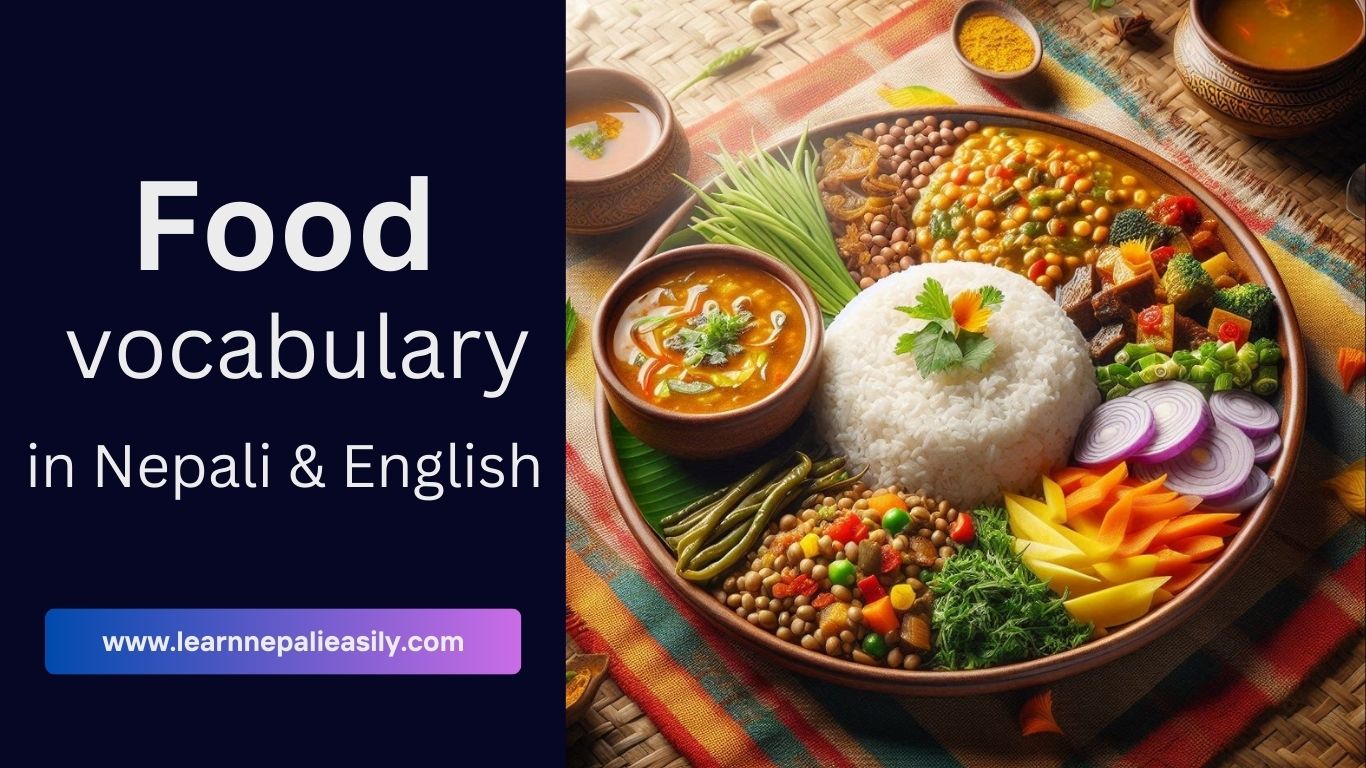What is pronoun in Nepali grammar?
A pronoun is a word that takes the place of a noun or a noun phrase in a sentence. Types of Pronouns English Nepali English I म, मैले Me मलाई You तिमी / तपाईं तिमीले / तपाईंले You तिमीलाई / तपाईंलाई He ऊ / उहाँ (respectful)उसले/उहाँले Him उसलाई / उहाँलाई She ऊ / उहाँ (respectful) … Read more







